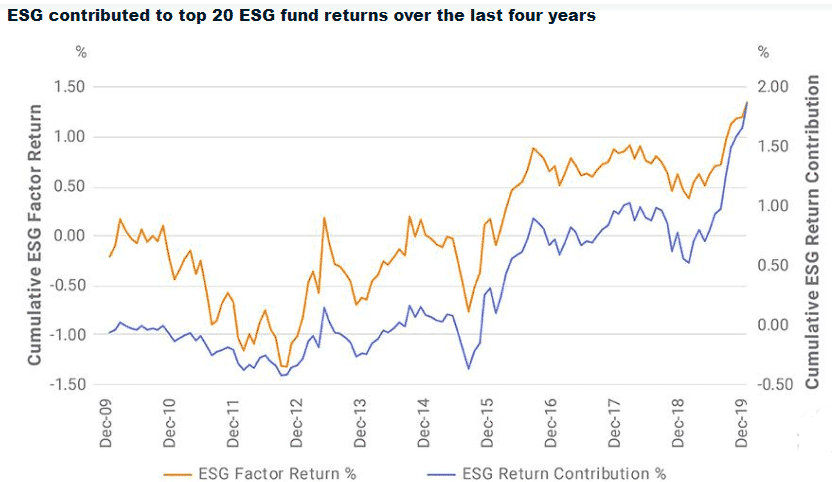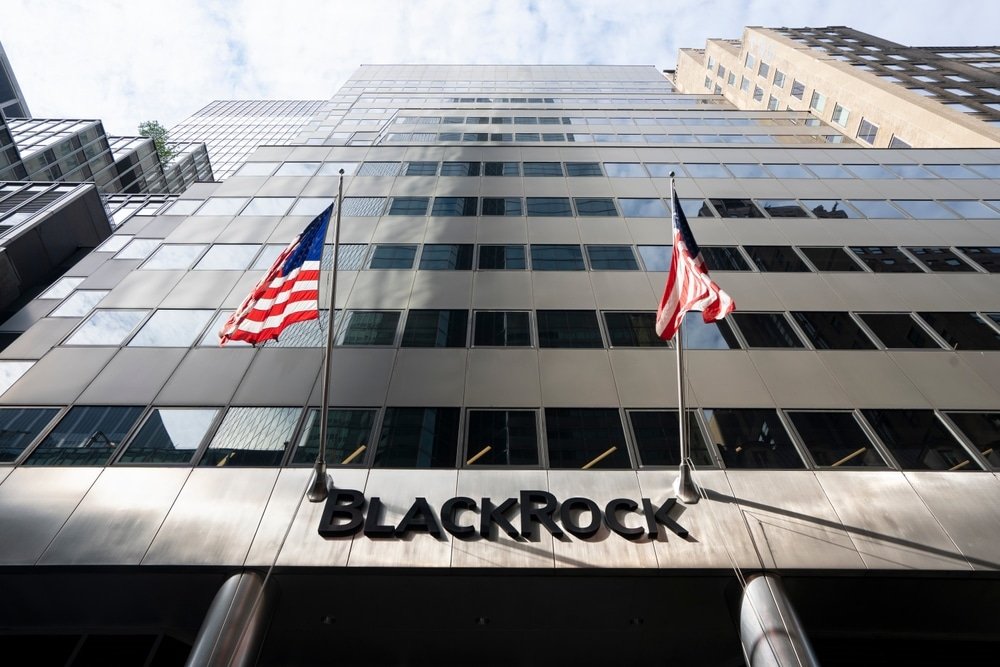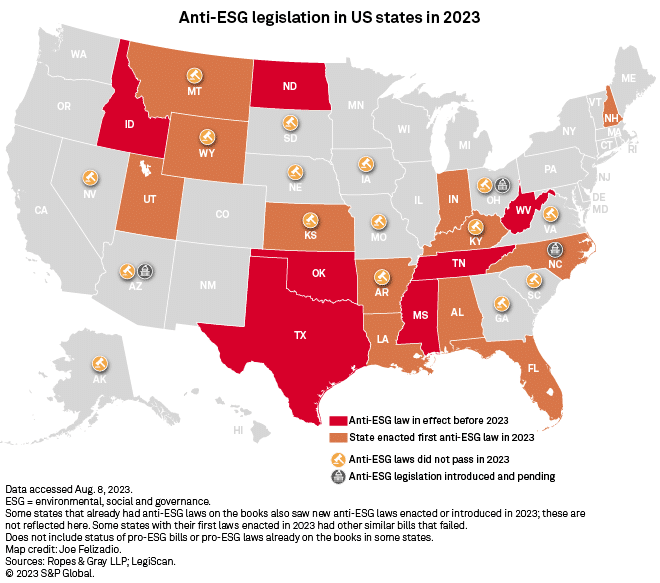The decision by the Texas State Board of Education to terminate its investment partnership with BlackRock has reignited the debate surrounding Environmental, Social, and Governance (ESG) investing in the United States. With $8.5 billion withdrawn from the investment giant, the move underscores the deepening divide between political and investment strategies.
At the center of this controversy is BlackRock, the world’s largest asset manager and a vocal advocate for ESG principles.
While BlackRock’s leadership in promoting sustainability and climate action has garnered praise from many investors and stakeholders, it has also drawn sharp criticism from some Republican politicians in states like Texas. These politicians accuse BlackRock of advancing a left-wing agenda and undermining traditional energy sectors.
The Rise of ESG Investing
ESG investing, short for Environmental, Social, and Governance investing, evaluates companies based on their performance across various responsibility metrics and standards to assess their suitability for investment.
By using these standards, investors can identify businesses that show strong environmental stewardship, social impact, and effective governance practices. ESG investing is also called sustainable investing, impact investing, and socially responsible investing.
Many ESG investors put a higher value on the environmental factor and remove environmental polluters from their portfolios. They instead decide to invest in companies that opt to reduce dependence on fossil fuels.
The state of Texas has been a battleground in the anti-ESG movement. State officials are taking decisive actions against companies and investors perceived to be prioritizing social and environmental concerns over economic interests.
For instance, Texas recently banned UK bank Barclays from participating in the municipal bond market due to its ESG policies. The state has also considered divesting from asset managers accused of boycotting energy companies.
Texas isn’t alone in rallying against ESG investing. In 2023, states with Republican-controlled legislatures saw the enactment of at least 25 anti-ESG bills.
Utah, in particular, passed 5 of these bills, contributing significantly to the overall count. Despite these legislative successes, a few bills are still pending approval. These developments were reported on a website maintained by Lichtenstein’s team, dedicated to tracking such bills.
Texas’s anti-ESG stance may appeal to some constituents. However, it could come at a significant cost to investors and the state’s economy.
A study conducted by the Texas County & District Retirement System estimated potential losses of over $6 billion in ten years from prohibiting ESG investing in public retirement systems. This underscores the complex trade-offs involved in balancing financial returns with social and environmental objectives.
Moreover, MSCI’s report showed that the top 20 ESG funds saw increasing return contributions because of better ESG performance.

Texas Takes a Stand
In defending its decision to terminate the partnership with BlackRock, the Texas State Board of Education cited legislation prohibiting investment in companies that boycott certain energy firms.
Board Chairman Aaron Kinsey expressed concern about BlackRock’s impact on Texas’s oil and gas industry. The Texas Permanent School Fund (PSF) gets its money from the industry’s revenue.
In a statement posted on X, Aaron Kinsey, PSF Chair, noted that:
“BlackRock’s dominant and persistent leadership in the ESG movement immeasurably damages our state’s oil and gas economy and the very companies that generate revenues for our PSF… The PSF will not stand idle as our financial future is attacked by Wall Street.”
The statement reflects growing concerns among certain stakeholders in Texas regarding the influence of ESG considerations on investment decisions. And that it may also have potential impacts on the state’s energy sector. According to the state BOE’s website, Kinsey is the CEO of American Patrols, an aviation oilfield services company in Midland.
Critics argue that this may undermine the long-term financial health of PSF and limit its ability to achieve investment objectives.
BlackRock Defends its Position
BlackRock has faced mounting scrutiny from Republican politicians and activists who accuse the company of promoting a leftist agenda. Last year, the asset manager inked a deal to invest $550 million in Occidental Petroleum’s Direct Air Capture (DAC) plant in Ector County, Texas.
In response to the state’s decision, BlackRock’s CEO Larry Fink has defended the company’s engagement with the energy industry. He stated in an email that:
“The decision ignores our $120 billion investment in Texas public energy companies and defies expert advice. As a fiduciary, politics should never outweigh performance, especially for taxpayers.”
Despite these criticisms, BlackRock emphasized its significant investments in U.S. energy companies. Moreover, the company noted that it’s instrumental in assisting millions of Texans in investing and saving for retirement. They’ve also channeled over $300 billion into Texas-based companies, infrastructure, and municipalities, with a significant portion, totaling $125 billion, directed toward the energy sector.
Last week, the investment giant published a report identifying key developments that will impact low-carbon transition investment opportunities and risks in 2024.
As the debate over ESG investing continues to evolve, investors and policymakers must carefully weigh the potential benefits and drawbacks of incorporating environmental, social, and governance considerations into investment decisions.


